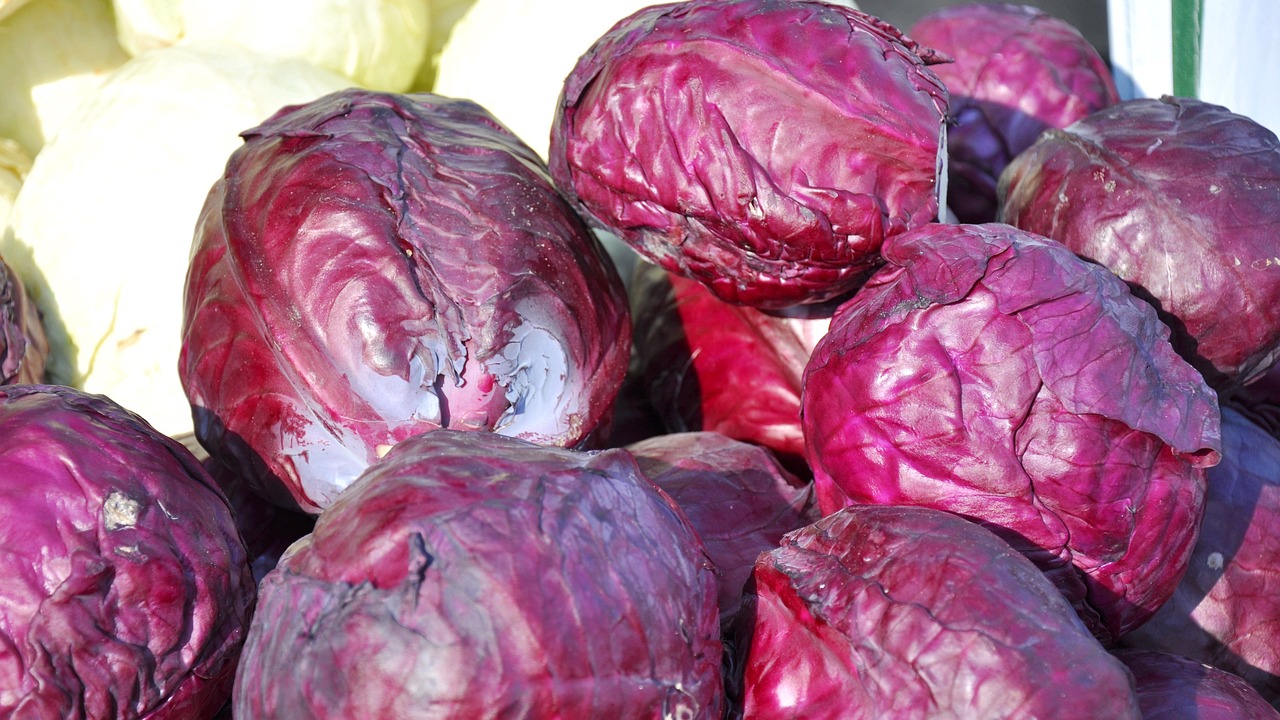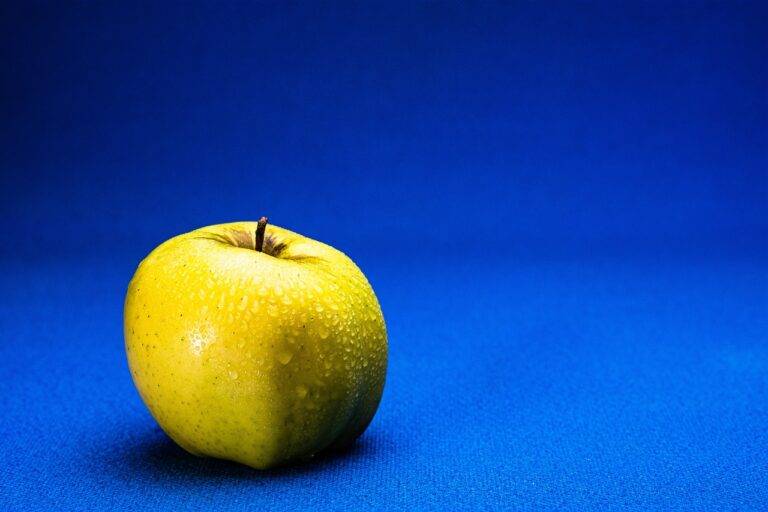Understanding the Connection Between Diet and Bone Health: Silverexch.com login, Goldenexch, Betbook 247.com
silverexch.com login, goldenexch, betbook 247.com: Understanding the Connection Between Diet and Bone Health
Maintaining strong and healthy bones is essential for overall well-being. Our bones play a crucial role in supporting our body, protecting vital organs, and facilitating movement. As we age, our bone health becomes even more important, as we are at a higher risk of developing conditions such as osteoporosis, which can lead to increased risk of fractures and other complications.
One of the key factors that influence our bone health is our diet. The foods we eat can have a significant impact on the strength and density of our bones. In this article, we will explore the connection between diet and bone health, and provide tips on how to eat for strong bones.
Calcium: The Building Block of Strong Bones
Calcium is perhaps the most well-known nutrient when it comes to bone health. Our bones are primarily made up of calcium, which is essential for maintaining their strength and structure. Inadequate calcium intake can lead to weak and brittle bones, increasing the risk of fractures and other bone-related issues.
Good food sources of calcium include dairy products such as milk, yogurt, and cheese, as well as leafy green vegetables like kale and broccoli. Some fortified foods, such as cereals and plant-based milk alternatives, also contain calcium. Aim to include these foods in your diet regularly to ensure you are getting an adequate amount of calcium.
Vitamin D: The Sunshine Vitamin
Vitamin D plays a crucial role in bone health as it helps the body absorb calcium. Without enough vitamin D, even if you are consuming adequate calcium, your body may not be able to effectively use it to support your bone health. Spending time outdoors in the sun is one way to boost your vitamin D levels, as sunlight triggers the production of vitamin D in the skin.
Additionally, you can find vitamin D in foods such as fatty fish (salmon, mackerel, sardines), egg yolks, and fortified foods like milk and orange juice. If you live in an area with limited sunlight or have difficulty getting enough vitamin D from your diet, consider talking to your healthcare provider about taking a vitamin D supplement.
Protein: The Building Blocks of Bones
Protein is another essential nutrient for bone health, as it plays a role in building and repairing bones. Inadequate protein intake can lead to decreased bone density and an increased risk of fractures. Make sure to include sources of high-quality protein in your diet, such as lean meats, poultry, fish, eggs, dairy products, legumes, and nuts.
Phosphorus: Partner in Bone Health
Phosphorus works alongside calcium to build and maintain strong bones. It is found in many of the same foods as calcium, including dairy products, meat, fish, poultry, nuts, and seeds. Getting enough phosphorus in your diet is important for ensuring that your bones have the support they need to stay healthy and strong.
Magnesium: Mineral for Bone Health
Magnesium is another mineral that is crucial for bone health. It helps regulate calcium levels in the body and is involved in bone formation. Good food sources of magnesium include nuts, seeds, whole grains, leafy green vegetables, and legumes. Including these foods in your diet can help support your bone health by ensuring you are getting enough magnesium.
Vitamin K: Key Player in Bone Health
Vitamin K is essential for bone health as it helps regulate calcium and promote bone mineralization. Leafy green vegetables, such as kale, spinach, and collard greens, are excellent sources of vitamin K. Other good sources include broccoli, Brussels sprouts, and cabbage. Including these foods in your diet can help ensure you are getting enough vitamin K to support your bone health.
Frequently Asked Questions (FAQs)
1. How much calcium do I need each day for strong bones?
The recommended daily intake of calcium varies based on age and gender. Adults aged 19-50 need 1,000 mg of calcium per day, while adults over 50 need 1,200 mg per day. Talk to your healthcare provider to determine the right amount of calcium for you.
2. Can I get enough vitamin D from sunlight alone?
While sunlight is a natural source of vitamin D, many factors can affect how much vitamin D your body produces, such as skin tone, time of day, and geographic location. It can be challenging to get enough vitamin D from sunlight alone, so consider supplementing or increasing your intake through food sources.
3. Are there any foods that can weaken bones?
Certain foods and beverages, such as processed meats, sugary drinks, and excessive alcohol consumption, can negatively impact bone health. It’s essential to consume these foods in moderation and focus on a balanced diet that supports bone health.
4. Can I improve my bone health through exercise alone?
While exercise is beneficial for bone health, it is just one piece of the puzzle. Eating a nutrient-rich diet that supports bone health is essential for maintaining strong and healthy bones. Combine regular exercise with a diet rich in calcium, vitamin D, protein, and other key nutrients to support your bone health.
In conclusion, the foods we eat play a crucial role in supporting our bone health. By including a variety of nutrient-rich foods in our diet, such as calcium-rich dairy products, vitamin D-rich fatty fish, and protein-packed lean meats, we can help maintain strong and healthy bones as we age. Remember to consult with your healthcare provider or a registered dietitian to create a personalized nutrition plan that meets your specific needs and supports your bone health goals.







